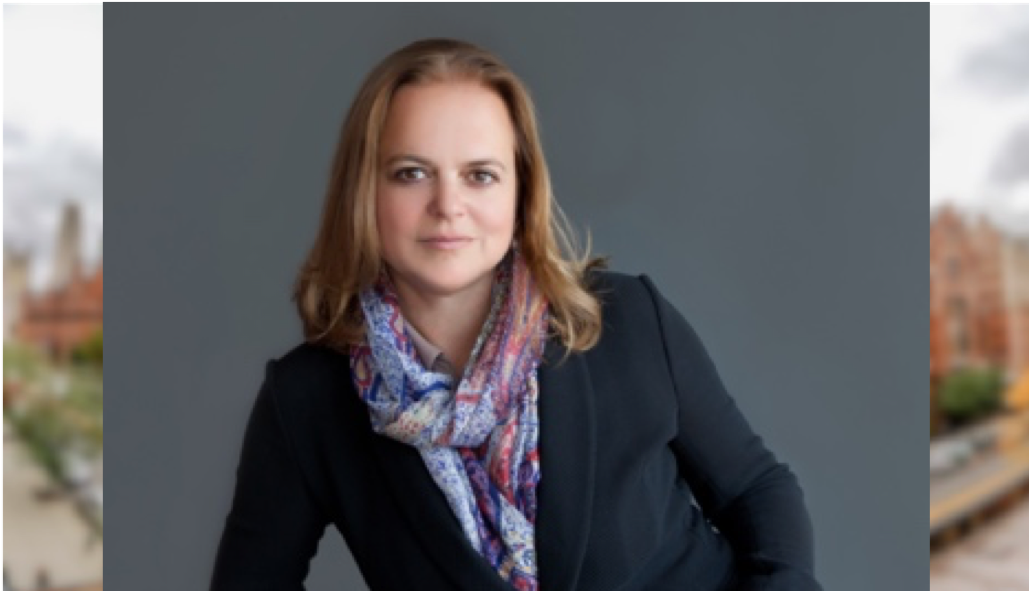Carine Verschueren (2021) Local and global (f)actors in environmental and sustainability education policies: the case of New York City public schools, Environmental Education Research, DOI: 10.1080/13504622.2021.1879734
This article examines how the New York City Department of Education, a local education authority focused on achievement and test-based results, was able to adopt a holistic ESE policy. The research study draws on the Advocacy Coalition Framework to untangle the actors and factors in the dynamic policy process at the subnational level (Sabatier & Jenkins-Smith, 1993; 1999). To provide a more comprehensive framework for ESE policies, the framework is expanded with world society and social movement perspectives to take into account the influence of a global discourse -a focus in prior ESE policy studies- on the one hand, and outsiders to the policy process on the other hand. The DOE developed its current ESE policy in two steps. The first step happened in 2009 when a pre-existing policy on solid waste was reframed as a sustainability policy. The second step in 2012 broadened the scope of sustainability from waste management to include energy conservation, ecology, and green curriculum. Notably, this policy was initiated, enacted and reframed by the division of school facilities. It stipulates that each principal appoint a sustainability coordinator from the teaching or administrative staff who carries the responsibility of -at minimum- drafting an annual sustainability plan and filling out an annual survey.
Qualitative analysis of 20 expert interviews and archival documents reveals that this policy was enabled by external events. These dynamics include the shift to mayoral control of the DOE (2002), NYC’s sustainability plans (2007; 2015), and superstorm Sandy (2012). The expanded 2012 policy was based on negotiations among stakeholders during a two-year process and informed by the practice of ESE by non-profit organizations. The analysis indicates that the emergence of the policy was not related to the ongoing global discourse, though there are indirect links to this discourse through the city’s sustainability plan and iterations, and the framing of activities by the non-profit organizations. While participants agree on core beliefs around sustainability and mostly align with the Brundtland definition of sustainability, their policy beliefs are narrower and vary according to the institutional goals of their organizations.
The study makes several contributions. First, it expands the limited body of empirical research of policies and the policy process around ESE. Second, it bolsters existing ACF education policy scholarship by adding global and social movement perspectives. Third, the article answers the call of scholars who have advocated for an urban focus in ESE research (Ardoin, Clark & Kelsey, 2013). Urban school districts indeed face unique challenges due to decades of urbanization and the resulting socio-economic and ethnic diversity of their populations with limited access to nature.
Key words: sustainability education, environmental education, education policy, urban education
Click here to access the full article.
